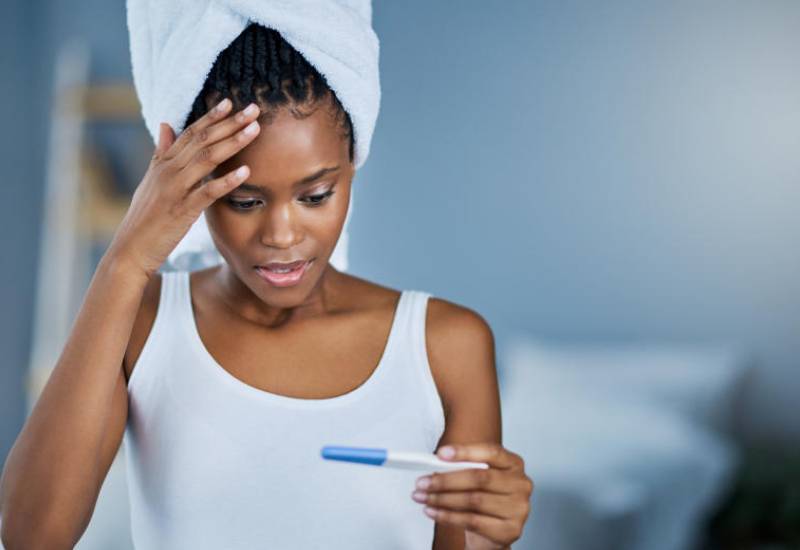
Developing countries have experienced an explosion of smartphone usage in the recent past, creating a tech-savvy generation.
Self-monitoring and wearable technologies are emerging as progressive methods of embracing personal health informatics.
Nowadays, you can easily track your cycles to prevent or plan a pregnancy. The Covid-19 pandemic and the restricted movement led to increased use of fertility apps for pregnancy prevention as young women grew wary of going to the hospital for family planning services.
Addressing fertility information gaps
Fertility awareness mobile applications have been developed to provide fertility information directly to the user to aid in their reproductive goals.
These applications are such as those that follow the Standard Days Method (SDM) of family planning. The World Health Organisation describes the SDM as a highly effective, inexpensive modern family planning technique that identified a fixed fertile window in a woman’s menstrual cycle.
The fertile window is when a woman is most likely to get pregnant, usually days eight to 19. A fertility app like CycleBeads has been documented to be over 95 per cent effective when strictly adhered to and 88 per cent with typical use.
Research
Fertility apps have been gaining popularity. Most women would prefer accurate and evidence-based apps. However, critics continue to fault existing apps with claims of inaccuracy and lack of professional input.
The proliferation of mobile apps can be used as complementary efforts for couples who base their reproductive intentions on behavioural decisions.
To speak to a growing trend of women who would want to take charge of their reproductive health, app developers continue to collaborate with sexual health practitioners to develop platforms with functionalities that women desire.
Privacy risks in digitalising reproductive health
Advancements in technology are inevitable. Considering how sensitive matters of sexual and reproductive health are, digital media needs to minimise the risk of revealing confidential behaviours.
The accuracy of predictions relies heavily on information about sex life, periods and PMS symptoms. Such details are pointers toward assessing the relationship between your lifestyle and menstrual cycle.
Potential privacy risks may emanate from designing app icons, display notifications, effective shortcuts, customised privacy settings and data storage.
Since mobile phones are likely to be shared with family members, such applications need to address sexual reproductive health issues rather than perpetuate stigma and abuse.
New technologies keep coming up, including wearables that are worn like tampons. Many would however opt-out of any techs that feel quite invasive. Choose your fertility tracker depending on reviews, price, accessibility and features.
 The Standard Group Plc is a multi-media organization with investments in media
platforms spanning newspaper print
operations, television, radio broadcasting, digital and online services. The
Standard Group is recognized as a
leading multi-media house in Kenya with a key influence in matters of national
and international interest.
The Standard Group Plc is a multi-media organization with investments in media
platforms spanning newspaper print
operations, television, radio broadcasting, digital and online services. The
Standard Group is recognized as a
leading multi-media house in Kenya with a key influence in matters of national
and international interest.

